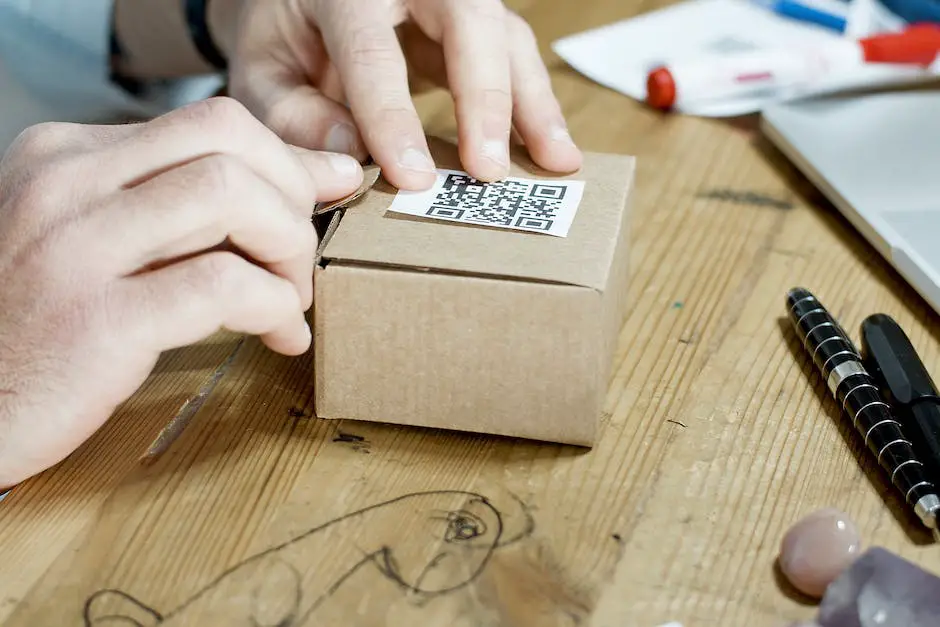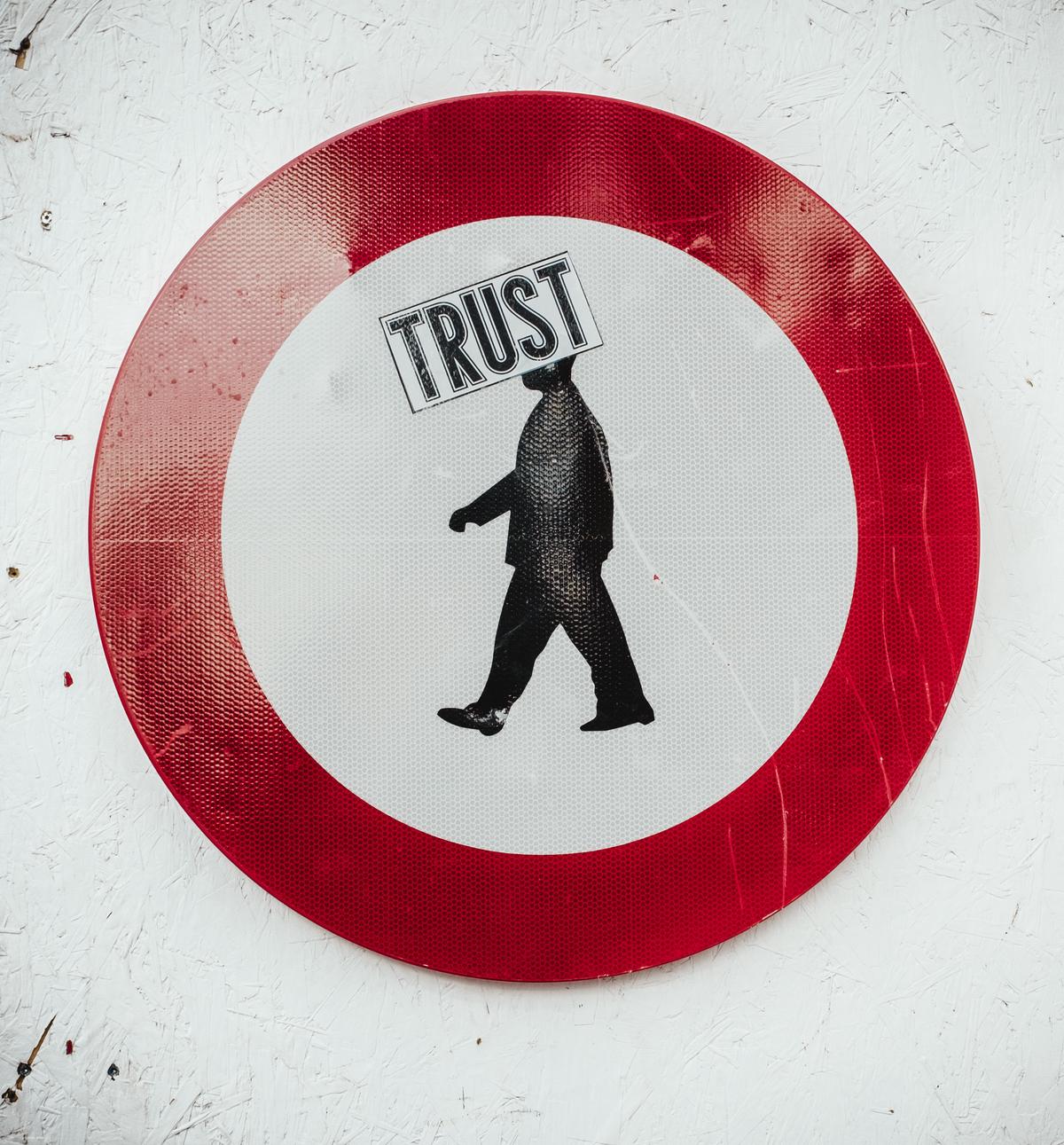In the intricacy of human relationships, trust is an essential element that binds the structure together. Attributed to our interactions within the family, among friends, and even in professional environments, trust solidifies our bond and fosters deeper connections. This exploration into the vital role of trust in relationships spotlights its importance, the red flags of weakening trust, the causes that lead to trust issues, concrete ways to rebuild lost trust, and the need for professional help when required. As humans, intricately designed for relationships, understanding how to sustain, build, and repair trust when necessary is a skill that has far-reaching implications for our lives.
Understanding the importance of trust in relationships
The Cornerstone of Relationships: The Indispensable Role of Trust
In the vast landscape of human interactions, one element towers above all in importance and impact; Trust. Often, people wonder why trust holds such a significant role in relationships. Well, it’s much like the cornerstone in a building. Without this vital element, relationships, no matter how beautiful on the surface, risk collapsing just like a building without a strong base.
A concept forever intertwined in the webs of human interactions, trust represents the bedrock of our relationships. Let’s delve a bit deeper to understand why trust earns this upper echelon status.
First and foremost, trust serves as the foundation that allows a relationship to flourish. Think of relationships as a voyage on a sailing boat. Without trust, this journey becomes laden with the uncertainties of rough waters and stormy weather. Trust, in all its glory, is the anchor that steadies the vessel, allowing it to sail effortlessly even in the most formidable currents or under the heaviest of dark clouds. Without trust, navigation through relationships becomes unsure and unstable – a boat adrift.
Embracing trust cultivates the ground for sincerity, breathing life into honesty. In the presence of trust, walls crumble, masks fall off, leaving room for survivors, truth and authenticity. It nurtures an environment where individuals can be their authentic selves, standing without fear of judgment or misunderstanding.
Not to be forgotten is trust’s pivotal role in paving the way for effective and healthy communication. In essence, trust cracks open the doors of dialogue, inviting in transparency and openness. It is trust that whispers, “Yes, you can talk, you will be heard, you will be understood.”
Just as it is nearly impossible to construct a house without mortar, the bricks of our relationships need the binding nature of trust to stay put. There is a reason why a breach of trust often leaves relationships teetering on weak foundations. Infidelity, deceit, or dishonesty – these are the termites that eat away at the structure, leaving it hollow and eventually leading to its collapse.
Trust introduces a sense of security and comfort. When people trust each other, they create a safe space for growth, mutual respect, and positive energy. No matter how torrential the storms might get, trust reassures everyone involved that there is undiminished love, respect, and care.
In conclusion, trust and relationships are mutually inclusive – one cannot exist without the other. Trust is more than mere dependence; it’s the lifeblood that nourishes relationships, the bond that securely holds together the mosaic of human interaction. Cultivating trust might take time and effort, yet, the fruits of this labor bear witness to its incomparable worth. Keep in mind, though, trust, once broken, is like a cracked mirror and can be tough to mend. Therefore, nurturing, protecting, and respecting it should never take a back seat in any relationship.

Photo by officestock on Unsplash
Identifying trust issues
Steps to Recognize Trust Issues in Relationships
Trust is a pivotal ingredient in every relationship, including those within our families. Many are aware of its quintessential role in forging and maintaining bonds, but recognizing when trust issues start to creep in can be a complex task. Thankfully, by being mindful and vigilant, you can uncover signs of trust issues before they morph into significant challenges.
- Consistent Insecurity: Insecure feelings can be an indicator of trust issues. If a person constantly second-guesses their partner’s actions or becomes overly suspicious, it may be a sign of underlying trust issues. Similarly, if one is constantly questioning their partner’s loyalty or harboring unfounded doubts, trust issues might be looming.
- Overdependence on Secrets: Trust fosters transparency. When family members or partners feel the need to keep certain things hidden, trust might be wavering. These secrets can range from trivial day-to-day activities to more substantial events. An inherent tendency to rely on secrets hints at an erosion of trust.
- Evasion of Personal Topics: While everyone values their privacy, avoiding personal discussions entirely can be a red flag. If a family member or partner habitually avoids sharing personal experiences, feelings, or thoughts, it could signify trust issues simmering underneath.
- Propensity for White Lies: White lies might seem harmless – until they aren’t. A recurrent pattern of tiny distortions can undermine trust over time, highlighting trust issues taking seed.
- Frequent Jealousy: Occasional jealousy is natural. However, when this sentiment becomes pervasive, it could indicate trust issues. Constant worry about competition or potential threats reflects a lack of trust in the stability and durability of the relationship.
- Need for Constant Reassurance: If a family member or partner consistently seeks reassurance about the relationship’s constancy, it’s a sign that trust is wavering. Constantly needing validation can stem from a subconscious fear of betrayal or abandonment.
- Inability to Forgive Past Mistakes: Holding onto past mistakes can signify trust issues. If every argument brings about past problems, it may be a sign that past grievance has eroded trust considerably.
Recognizing these signs early on can enable you to address trust issues before they degenerate a relationship. Remember, trust builds incrementally and so does its erosion. Stay open, honest, and communicative with your loved ones. It’s a trust-building recipe that could potentially save a relationship from the damaging effects of deep-seated trust issues.
Remember, it can be challenging to rebuild trust once it’s lost, so preventative measures are crucial. As the adage goes, the best cure is prevention. By fostering a nurturing environment where trust can flourish, we can ensure warm, secure, and harmonious relationships within our families.

Causes of trust issues
When it comes to trust issues within relationships, there are often a variety of different factors at play that can contribute to their formation. One of these is the existence of inconsistent behavior and actions. Just like a perfectly seasoned dish with the right amount of spices, your love relationship needs a consistent balance of effort and understanding. If one day, a person is inclusive, kind, and supportive, and the next they’re distant or dismissive, it can wreak havoc on a partner’s ability to trust. Uncertainties float when the better half doesn’t behave in a predictable manner.
In addition, dishonesty is a surefire way to introduce trust issues into a relationship. When someone is caught in a lie, no matter how small it may be, it can create doubts about their reliability in bigger matters. After all, as the old saying goes, “honesty is the best policy,” and this certainly applies to fostering a trustworthy relationship rooted in respect and integrity.
A major contributing factor often overlooked is lack of transparency. Many people value their privacy, which is absolutely okay and understandable. But in a relationship, if privacy tips over to secrecy or avoiding certain topics, it can fuel the suspicions and insecurities of the other partner.
Emotional infidelity or cheating, physical or otherwise, also has a significant impact on trust within relationships. Even if the act of infidelity didn’t pan out into a full-blown relationship, the betrayal of going behind one’s back can prompt serious trust issues. It’s this betrayal that shoots trust with its venom.
Past traumas or hurtful experiences can be a leading cause of trust issues in relationships. If a person has endured heartbreak or has been hurt in the past, it can trigger anxiety and fear, causing them to be on their guard in future relationships.
Finally, lack of self-esteem plays a crucial role in prompting trust issues. A person with low self-esteem may struggle to believe that they’re deserving of love and care, leading them to question or doubt the sincerity of their partner. This lack of self-worth can become a mental hurdle rendering genuine trust impossible.
It’s paramount to be aware that trust issues don’t crop up out of thin air. They’re the products of an array of factors that compromise the feelings of security and assurance that are so fundamental in any relationship. Recognizing these signs can provide a solid stepping stone to address and overcome trust issues, forging a path toward a more nurturing and fulfilling connection.

Strategies for building trust
Understanding the valuable role that trust plays in relationships and recognizing the hindrances to establishing it is a great starting point. It’s just as necessary, if not more, to comprehend the effective strategies and habits that help cultivate trust in relationships.
Being Consistent: Consistency in actions and behaviors is often overlooked, but it’s supremely vital in nurturing trust. It’s about being reliable, day in, day out. This sends a message that one is dependable, predictable, and therefore trustworthy.
Listening: True listening means putting aside personal agendas and focusing fully on the other person. This simple act displays respect and openness, both of which foster trust.
Sharing: While it’s crucial to respect personal space, it’s equally essential to share your life with the other person. This can be thoughts, fears, or dreams. Sharing not only builds trust but also deepens the bond.
Setting and Respecting Boundaries: Establishing boundaries indicates respect for each other and the relationship. Equally, respecting those boundaries communicates understanding, consideration, and ultimately, trust.
Keeping Promises: Whether it’s remembering to pick up milk from the store, or showing up for a date night, keeping promises fortifies trust. No promise is too small, every kept one adds another brick in the foundation of trust.
Moreover, it’s important to engage in regular heart-to-heart talks. These open conversations about feelings and vulnerabilities foster enough trust to facilitate these difficult discussions. Trust often grows in these moments of frankness, reaffirming the other person’s willingness to be open and honest.
Another surefire way to encase trust in relationships is by practicing forgiveness. Nobody is perfect; people make mistakes. Being quick to forgive and slow to anger can work wonders in cultivating trust. Letting go gives the relationship room to breathe, grow, and ultimately establish stronger trust.
Finally, but crucially, believing in oneself plays a commendable role in fostering trust. When a person values themselves and has a decent amount of self-esteem, they exude reliability, honesty, and other traits that encourage trust. Self-belief becomes the stepping stone to building trust in relationships.
Each relationship is unique, just like the people involved in it. It’s important to remember that trust-building is a process that requires patience, effort, and time. So, stay kind, keep learning, continue growing, and never stop nurturing the trust in your relationships. Remember, every strong relationship has trust as its spine – keep it healthy, and your relationship will stand tall and firm.

Seeking professional help for trust issues
Understanding When and Why You Should Seek Professional Help for Trust Issues
Seeking help when you need it is a sign of strength, not weakness. It’s easy to think you can handle everything that life throws your way, but sometimes we all need a little help. This is especially the case when trust issues arise within relationships. At times, even the most well-intentioned heartfelt talks, patience, and consistent effort falls short. That is when it is beneficial to turn to professionals to aid in rebuilding trust.
Recognizing when to seek professional guidance is a crucial first step encouraging healthy relationships. While trust can be worked on independently, there are instances when even relentless efforts don’t seem to repair the cracks.
Possibly because the depth of these trust issues may have roots in past experiences, unresolved traumas, or deep-seated insecurities, these are complex issues which could be effectively addressed with professional assistance.
One strong indicator that you may benefit from professional help is if you find yourself stuck in an endless loop of negative thoughts. This destructive pattern can fuel your insecurities, leading to a heightened state of constant worry and mistrust even when there are no provoking circumstances. If such patterns persist despite your effort to break them, seeking professional help is a wise choice.
Similarly, if you find that your trust issues have significantly hampered your ability to form or maintain relationships, it could be time to seek help. Struggles with trust can create barriers, leading to isolation or an inability to form genuine, intimate bonds. A professional can guide you through strategies to lessen these feelings of isolation and improve your connections with others.
Another warning sign is when your lack of trust profoundly impacts your overall quality of life. This can manifest in different ways – stress, anxiety, frequent panic attacks, or even depression. Trust issues may create a wall around you, deterring your capacity to vent out emotions, ultimately influencing your mental health. Professional help can offer an avenue to navigate through these distressing feelings, enabling you to start building trust anew.
So why is it necessary to seek professional help for trust issues? Simply put, they provide an impartial, expert perspective. Therapists and counselors are trained to help individuals understand the underlying causes of their trust issues. While friends and family can provide comfort and advice, a professional can provide a more targeted approach, suggesting proven techniques and strategies based on your specific needs and situation.
Professionals can also help create a safe environment, where one can freely express thoughts and feelings without fear of judgment or backlash. This can help you gradually open up, expel negative feelings, and pave the way to start establishing healthy, trusting relationships.
Moreover, seeking professional help provides a source of accountability. Just like any other aspect of personal growth, building trust requires commitment. External accountability can keep you motivated to push through the difficult times and continue making progress.
Remember, seeking help doesn’t imply that you’re incapable or weak. Instead, it exemplifies your courage and desire for self-improvement. Overcoming trust issues is not an overnight process—it takes time, perseverance, and often, the guidance of professionals. So, if you are finding it challenging to navigate through your trust issues, remember, it’s okay to seek help. There is strength in recognizing when you need assistance and taking steps towards a healthier, happier you. Trust issues can be overwhelming, but always remember, you’re not alone–there’s help and support only a step away.

Photo by bernardhermant on Unsplash
Navigating trust in our relationships presents a challenging yet enriching journey of understanding and growth. As we build our relationships on the foundation of trust, we encourage healthier communication, foster respect, and cultivate harmony. Trust is not just about believing in each other, but also about believing in the relationship itself and its ability to weather storms. While there are strategies to rebuild trust, we must also recognize when it is time to seek professional help. The journey of trust is a continuous learning process, paving the way to more productive, joyful, and meaningful relationships.
Writio: Your AI companion in creating quality content for blogs and websites. This article was crafted by Writio.

